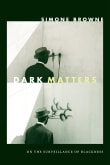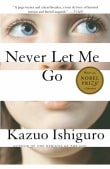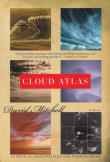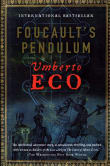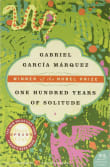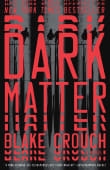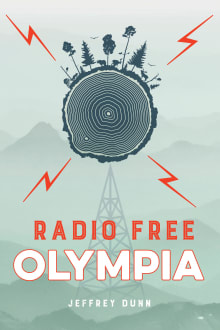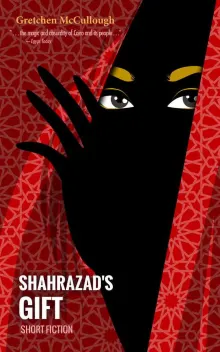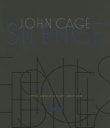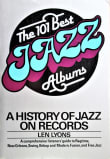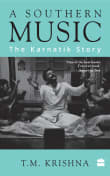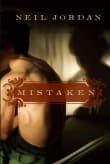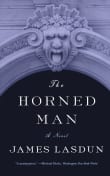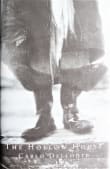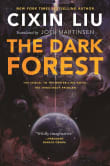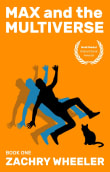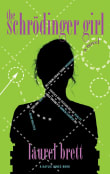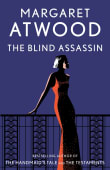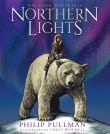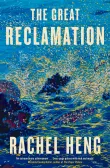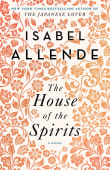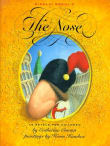1Q84
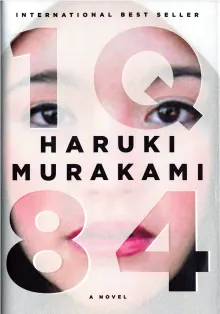
Book description
NATIONAL BESTSELLER • The year is 1984 and the city is Tokyo. A young woman named Aomame follows a taxi driver’s enigmatic suggestion and begins to notice puzzling discrepancies in the world around her.
She has entered, she realizes, a parallel existence, which she calls 1Q84 —“Q is for ‘question…
Why read it?
7 authors picked 1Q84 as one of their favorite books. Why do they recommend it?

I love books that explore how ordinary people might react in extraordinary circumstances, and this one takes that to another level.
The main characters, Tengo and Aomame, see that the world has changed—the most obvious clue being that there are now two moons in the sky—and it is fascinating to watch how these two very different people cope with living in a new and mysterious context. Murakami has a knack for making the surreal seem believable, and in this book, he is at the top of his game.
From Gordon's list on making you question how you see the world.

I find an ineffable strangeness to all of Murakami’s work. He’s a perennial candidate for the Nobel Prize for good reason. His stories, indeed his worldview, defy categorization. I find myself surprised when I think I have one of his tales figured out. Not so easy for a writer who spends as much time as I do concocting unpredictable twists and turns.
Beyond the plotting, though, what links this book to his others in my mind is the mood Murakami’s work evokes in me. Creepy yet solidly material, with outlandish characters that nevertheless make twisted sense. It’s a long book,…
From Yun's list on magically real.

Here’s another book with two lovers occupying two parallel realities, though I would say that the romance is almost beside the point in this book, where a multitude of stranger, more engrossing things are always threatening to steal the spotlight: Cults! A town of cats! The return of Ushikawa! Two moons! A novel named Air Chrysalis! You couldn’t ask for more, really.
From Daryl's list on thick novels about star-crossed, ill-fated lovers.
If you love 1Q84...

One thread of this complex story involves Tengo, who is asked to rewrite a rough manuscript called Air Chrysalis.
In the process of molding it into a best selling sensation, Tengo comes to believe it is not fiction, but reality. Despite its magical and mythical content, Tengo is drawn into this world and the novel gets weirder and weirder from there. The ending leaves threads unconnected, but I loved it because of its faults.
Did Murakami himself have the outline of Air Chrysalis and then decide to turn it into a novel? Is 1Q84 the sequel to Air Chrysalis that…

Murakami’s 1Q84 defies all attempts at description, as do most of his novels. Another of the parallel worlds variety, we learn that basic Tokyo reality isn’t all there is when a woman stuck in traffic decides to get out of a cab and walk. What ensues is a tangling of the dimensions that you won’t want to put down.
From Gabriella's list on set in multiple dimensions.

1Q84 did a lot to help my book get to where it ended up going. I even quoted a line from it at the beginning. This was my first foray into Murakami, and I was never once intimidated by its 1000+ page count (and I try my best to stick to 300-page books). Quite simply, it’s maybe my favourite book of all time.
There’s plenty to unpack in 1Q84, but for the purposes of this recommendation, the book really hits on the ideas of identity and reality, as our dual protagonists discover their places in their worlds may not…
From Ryan's list on that leave you questioning identity and maybe reality.
If you love Haruki Murakami...

It is a sprawling book—it’s very long but worth it. His approach to character development is unequalled by anyone other than Tolstoy, in my opinion. And yet, unlike Tolstoy, his characters shock, take deep dives into places unforeseen (magical realism), and have contemporary problems with guilt, purpose/meaning, and aesthetics.
From Stephen's list on sound, living, and experience.
If you love 1Q84...
Want books like 1Q84?
Our community of 12,000+ authors has personally recommended 100 books like 1Q84.


